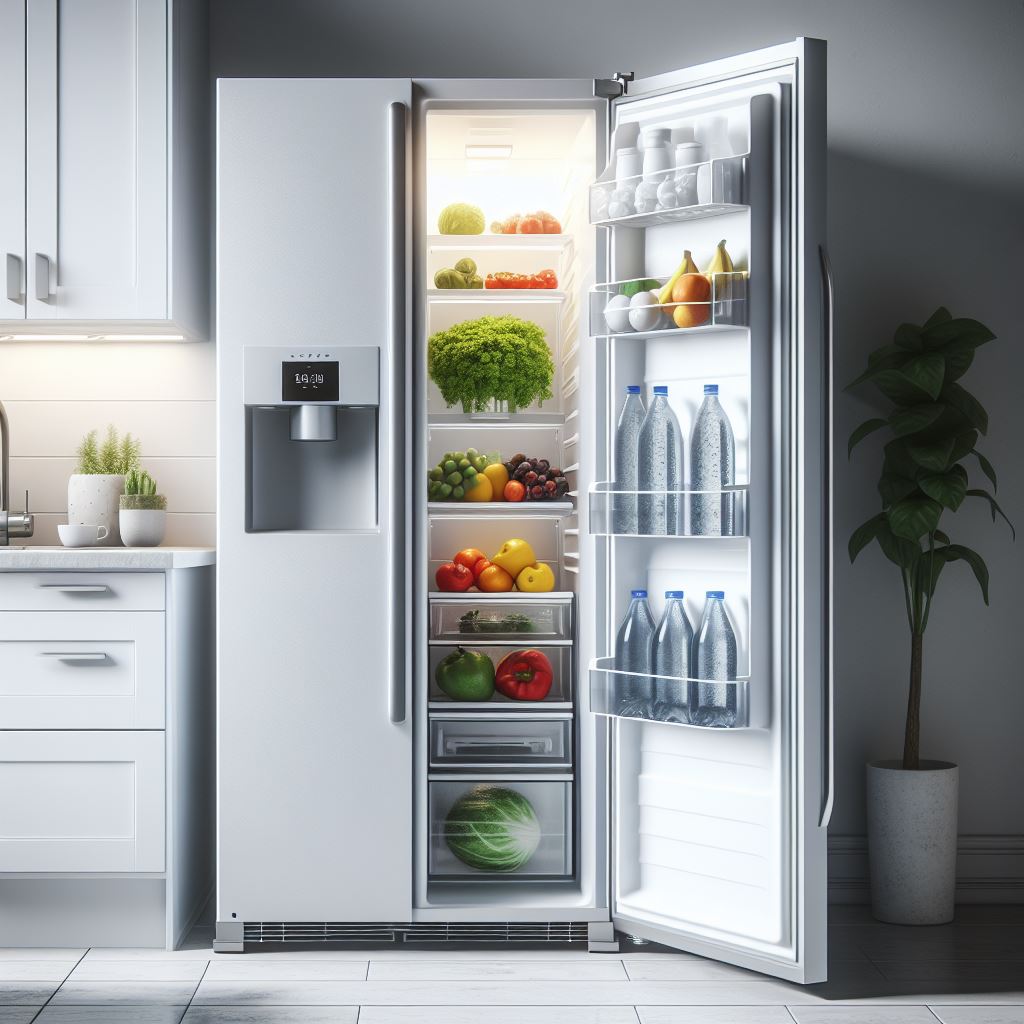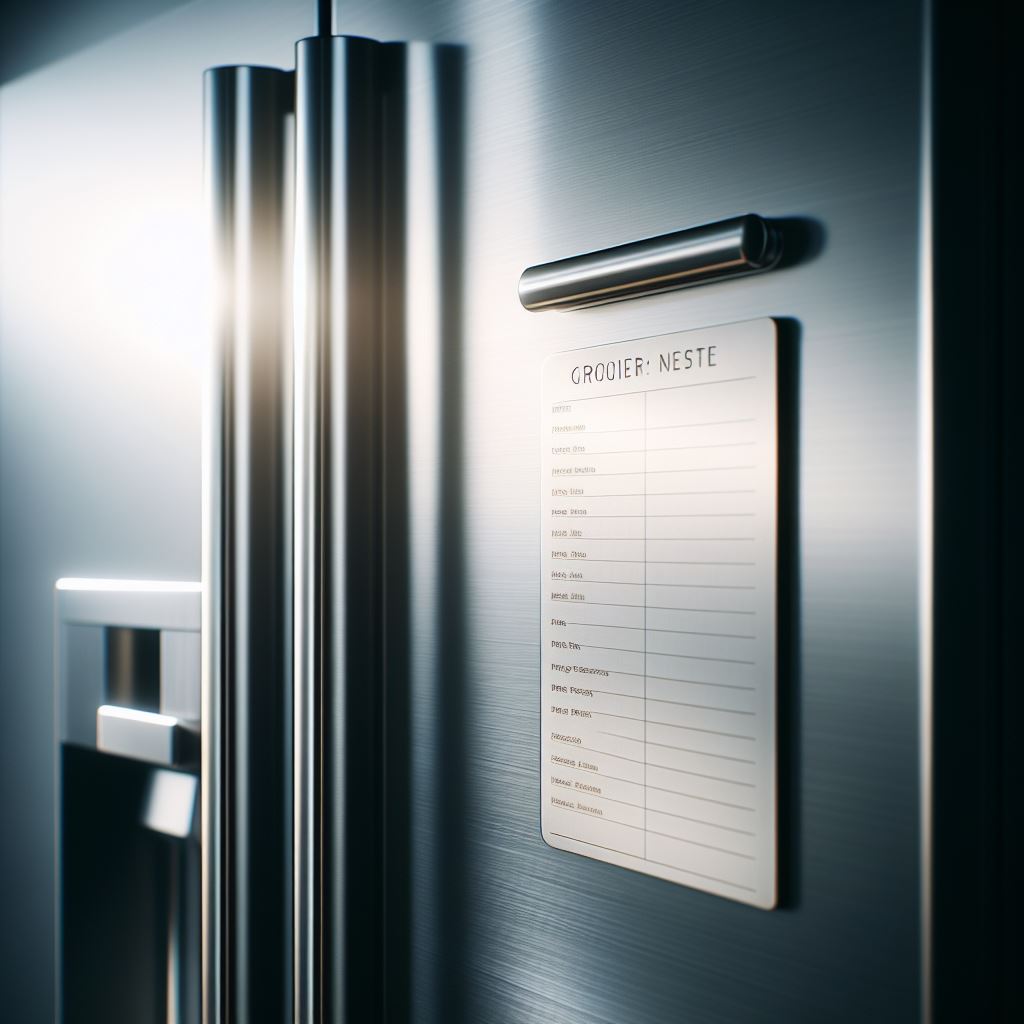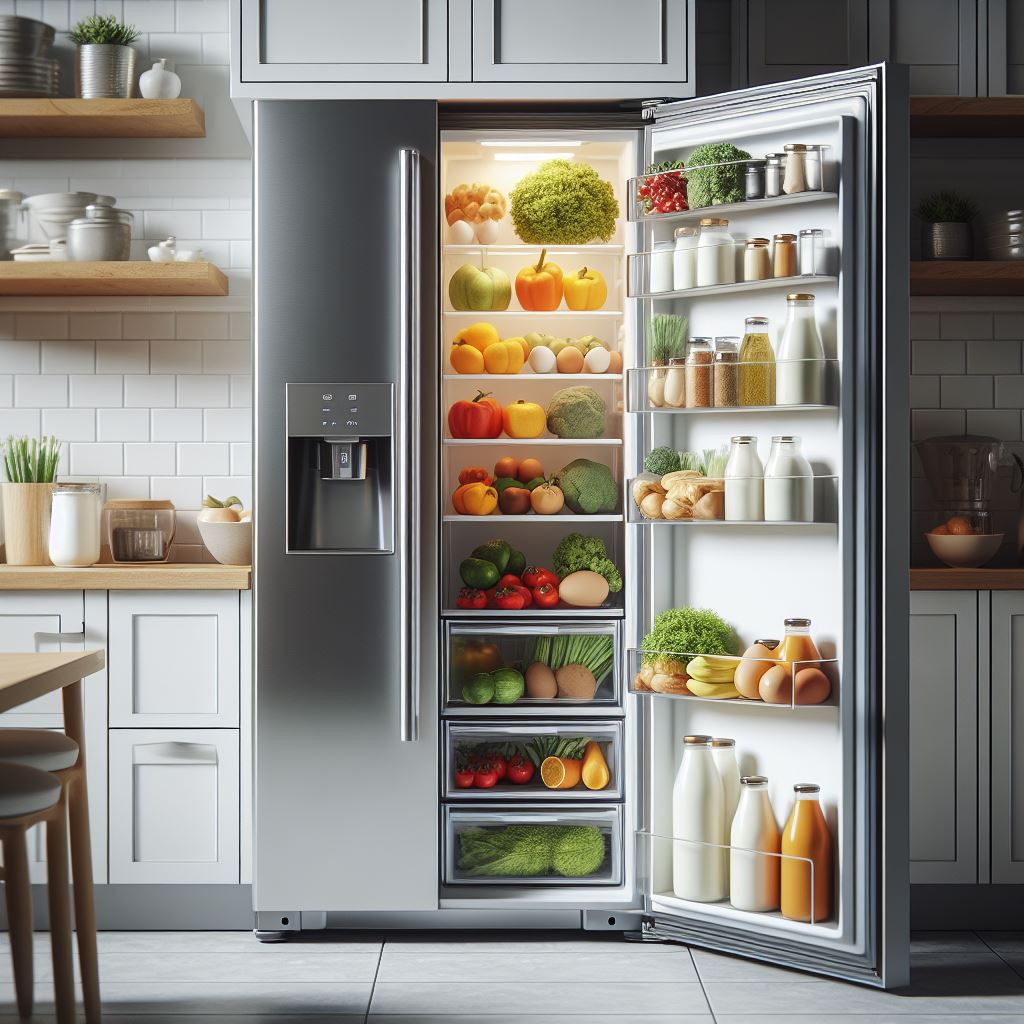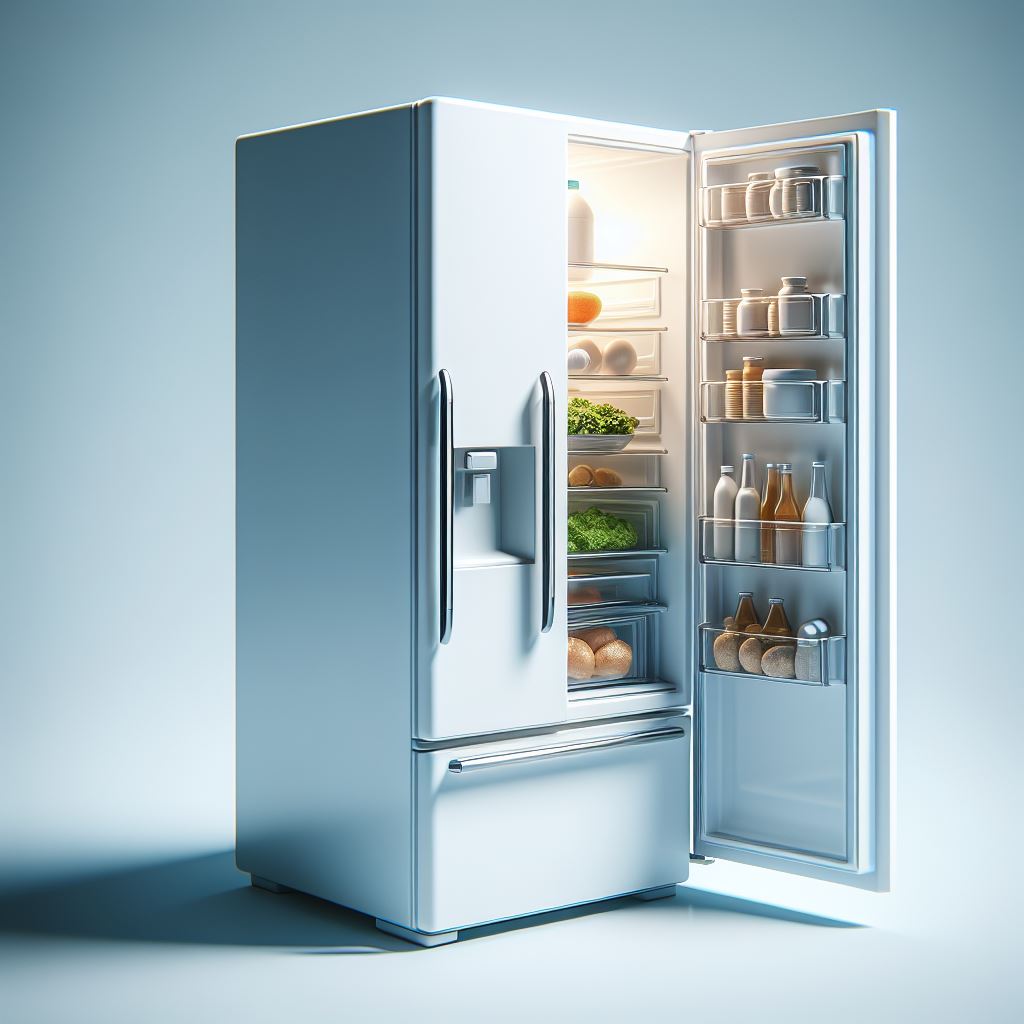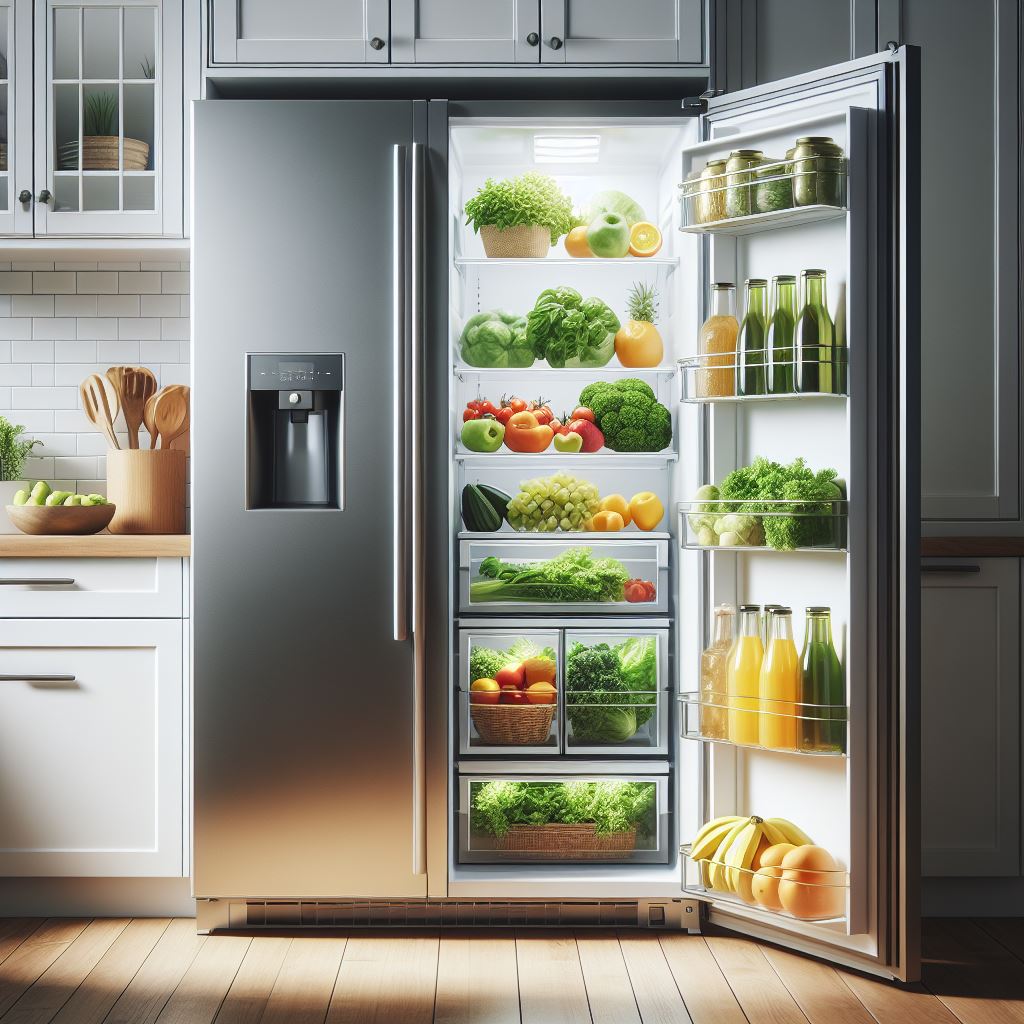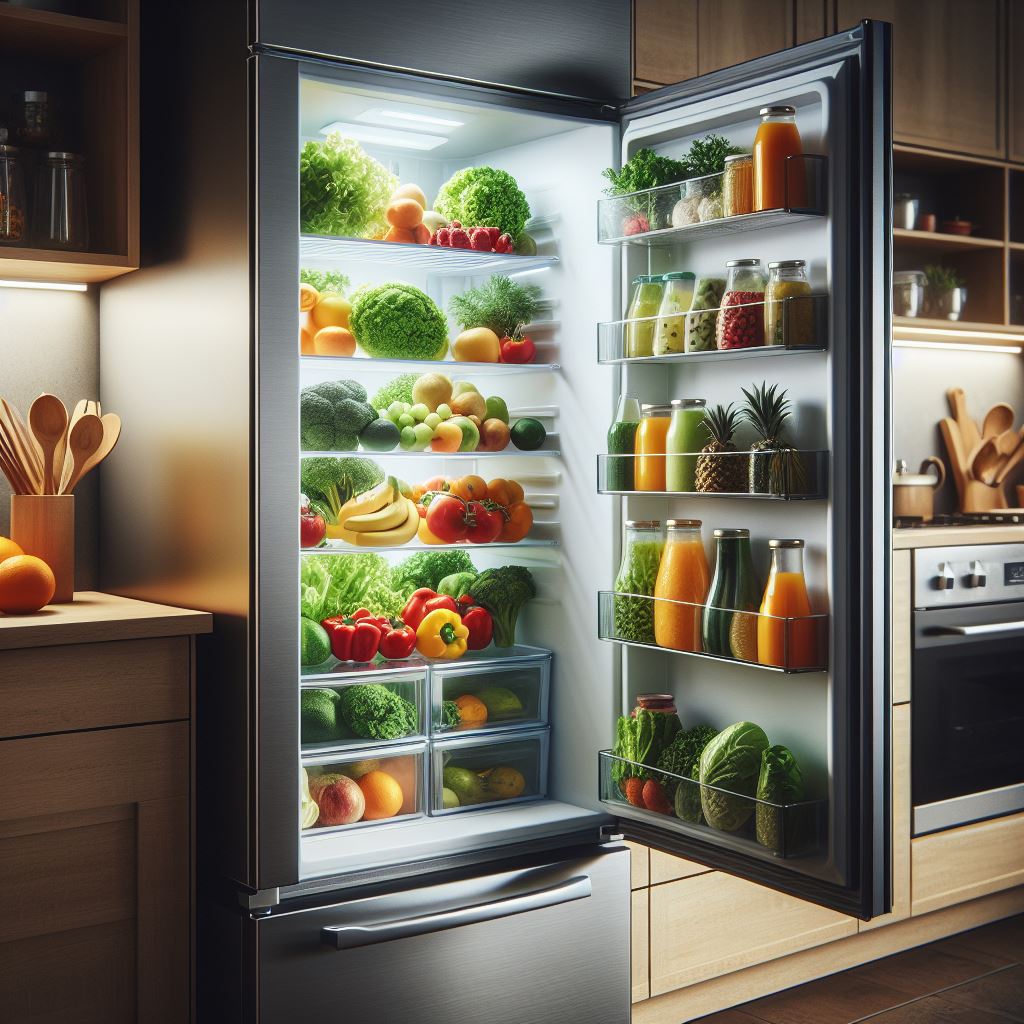Is your refrigerator’s water flow feeling sluggish and slow? Don’t worry, we’ve got you covered! In this guide, we’ll walk you through some simple and effective steps to help you fix that frustrating issue and get your water flowing smoothly again. Say goodbye to waiting forever for a glass of water or ice, and hello to a fully functioning and efficient refrigerator once more!
Dealing with a slow water flow on your refrigerator can be a frustrating experience, especially when you’re in need of a quick drink or some ice. Thankfully, there are a few common reasons for this issue, along with some simple solutions to help you get things flowing smoothly again.
One of the most common culprits for a slow water flow is a clogged water filter. Over time, sediment and debris can build up in the filter, causing a restriction in water flow. To remedy this, it’s recommended to replace your refrigerator’s water filter every six months. Simply locate the filter in your fridge and follow the manufacturer’s instructions for a quick and easy replacement.
Another possible reason for a slow water flow is a kinked or pinched water line. Take a look behind your refrigerator to check if the water line is twisted or bent in any way. If you spot a kink, gently straighten out the line to allow for better water flow.
If the water line seems to be in good condition, the next step is to inspect the water supply valve. This valve regulates the flow of water to your refrigerator and may be partially closed, causing a restriction in water flow. Locate the water supply valve, usually found behind the fridge or under the sink, and ensure it is fully open.
If the water filter, water line, and water supply valve all check out, the issue could be with the water inlet valve. This valve controls the water flow into the refrigerator and may become clogged or faulty over time. Check behind the fridge for the water inlet valve and look for any signs of damage or blockage. If needed, replace the valve to restore proper water flow.
Sometimes, a slow water flow can be attributed to a problem with the refrigerator’s water dispenser itself. Check the dispenser for any obstructions or buildup that may be hindering water flow. A quick clean with warm, soapy water can help remove any blockages and get things flowing smoothly again.
By following these troubleshooting steps, you can address a slow water flow on your refrigerator. If the issue persists, it may be best to seek assistance from a professional appliance repair technician. Remember, regular maintenance and care can help prevent future water flow issues and keep your refrigerator running smoothly.

